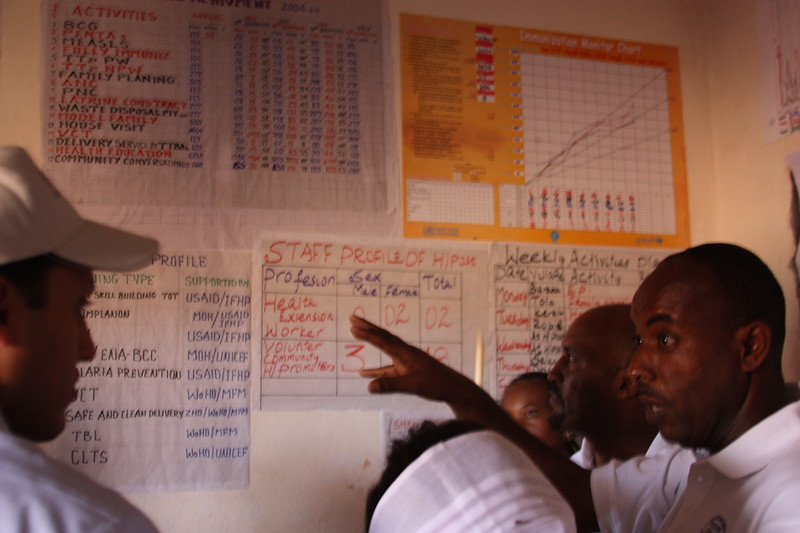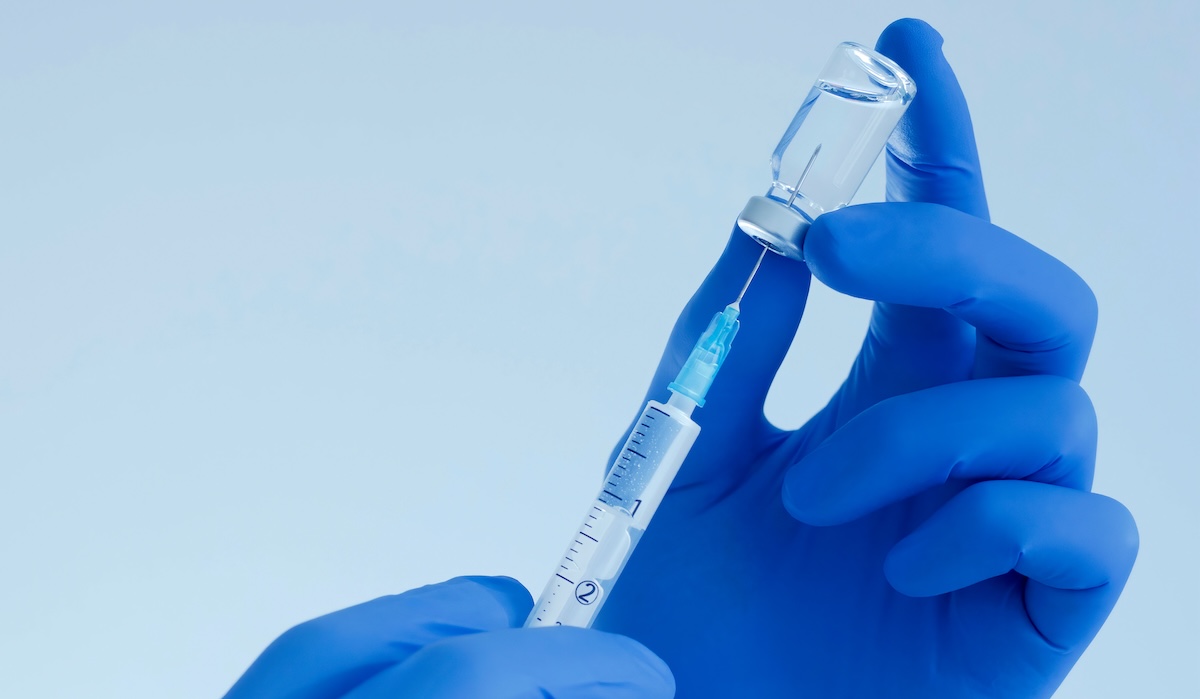Six months have passed since the WHO declared the current outbreak of Ebola Virus Disease in West Africa a Public Health Emergency of International Concern. This declaration set in motion an international response to curb the spread of the disease. While far from over, there are signs that the epidemic is starting to come under control and that the outbreak is moving into a new phase, one that will focus on elimination of all cases and ending the outbreak. To date, there have been over 22,000 cases and nearly 9,000 deaths, almost a hundred times larger than most previous outbreaks of Ebola.
People have already started to ask the very important questions about what failed and what worked well. Given resources are limited in affected countries and that the outbreak undermined health systems, international donors played a crucial role in providing resources to affected countries. However, the response has been widely called out as being too slow and inadequate to effectively curb the spread of the outbreak. Are these assertions true, and what else can we learn about the international response to the Ebola outbreak?
In a new paper out today in the BMJ, Karen investigated the level and speed of the international response to the Ebola outbreak and contrasted it with the appeals made by international leaders to curb the spread of the disease. Contrary to widespread belief, Karen finds that, overall, the level of donations to the response were actually robust: as of December 31st, 2,104 donors had pledged almost $3 billion towards controlling the epidemic. Notably, this is actually larger than the official appeals for upwards of $1.5 billion. In addition, the data used underestimate total donations, in particular those given by the World Bank, which mobilized at least $1 billion in financing to help support affected countries.
However, the pace at which pledges were made to the epidemic and the speed at which resources were disbursed were slow, which likely allowed the epidemic to spread longer and may have contributed to overall higher costs to control. Few pledges were made until September and it likely took another month or so before any real resources arrived in countries. The slow speed can be explained by at least two delays: (1) by international leaders, especially the WHO, in appealing to the international community and (2) in the time it takes for resources to reach countries after a pledge is made.
Some amount of delay in transferring money to affected countries is normal, perhaps even expected. However, in the context of a rapidly spreading epidemic, any delay means lives will be lost and therefore must be addressed. Potential policy options to address this type of delay could include the establishment of a special contingency fund to be deployed in the context of future public health emergencies.
Last week, the WHO Executive Board called for such a fund to fight future health emergencies. This is a great first step, but making a call is not enough. First, similar calls have been made in the past, including after the poor response to the H1N1 epidemic of 2009. Second, more rigor, openness, and accountability must be included in the assessment of risks from outbreaks and the triggers that release funding and related responses. It took the WHO until August to declare Ebola a public health emergency, a full five months after the organization was first notified of cases in West Africa. Under these circumstances, even if a contingency fund had existed, it is unclear whether Director General Margaret Chan would have triggered its use. Only the establishment of an open process—with credible scientific leadership following pre-set rules of the game—can deliver on a new fund’s promise. Amanda discussed some other desirable attributes of a fund in a blog here.
The current Ebola outbreak caught many off guard. It was the first time a public health threat rose to the level of a true humanitarian emergency. The failure of the global heath system to swiftly contain this outbreak is a sign of a number of weaknesses in the international system and in national health systems. We can’t be caught off guard again; too many lives—and the credibility and effectiveness of the WHO—are at stake. Building an international health financing mechanism to address public health emergencies should be an important priority for the international community, before it is tested again.
CGD blog posts reflect the views of the authors, drawing on prior research and experience in their areas of expertise.
CGD is a nonpartisan, independent organization and does not take institutional positions.





